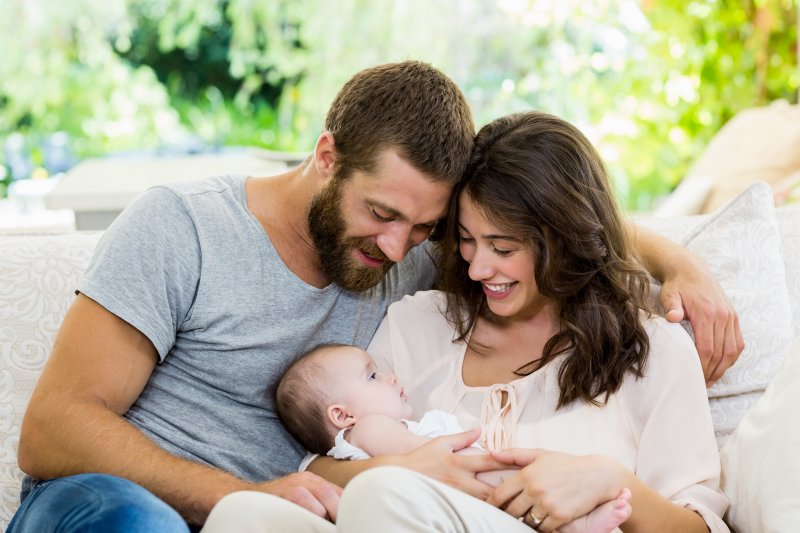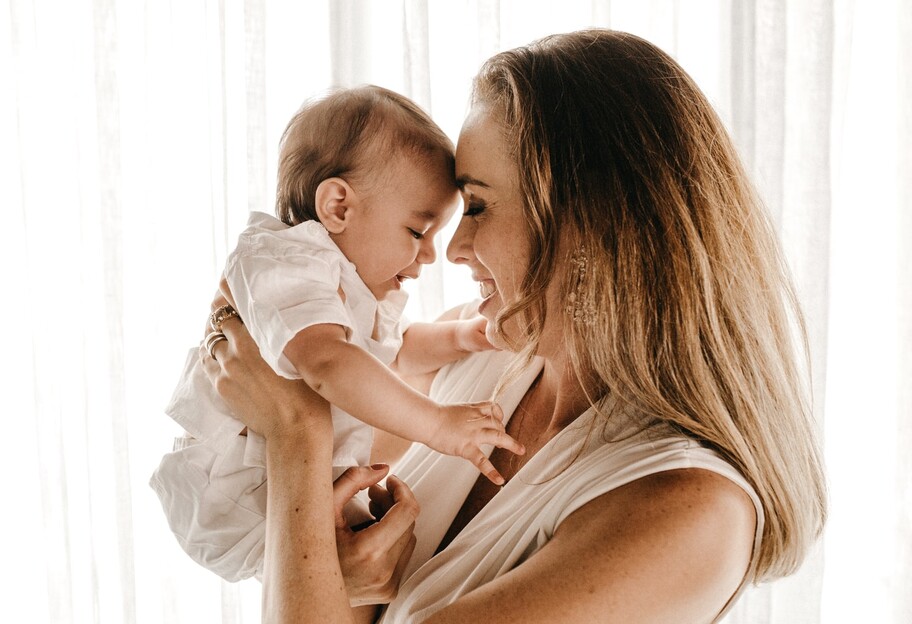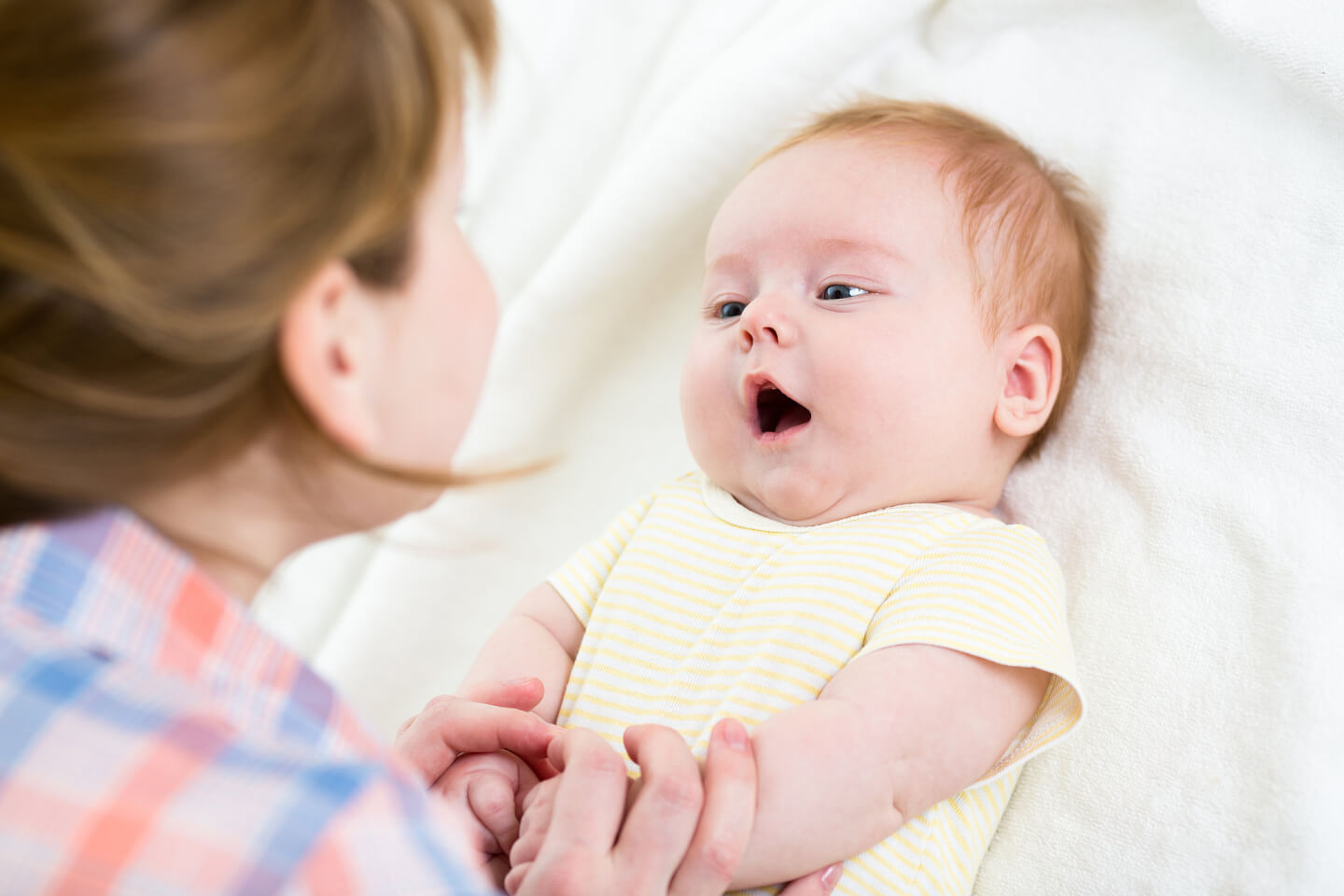When Do Babies Say Mama or Dada
It’s pretty thrilling when baby starts babbling finally, your little one is a step closer to talking! Of course, that also means the race is on between you and your partner to see which word baby says first: ‘mama’ or ‘dada.’ It’s unlikely that baby is going to start saying either word right after they begin making noises, but it naturally raises an important question.















